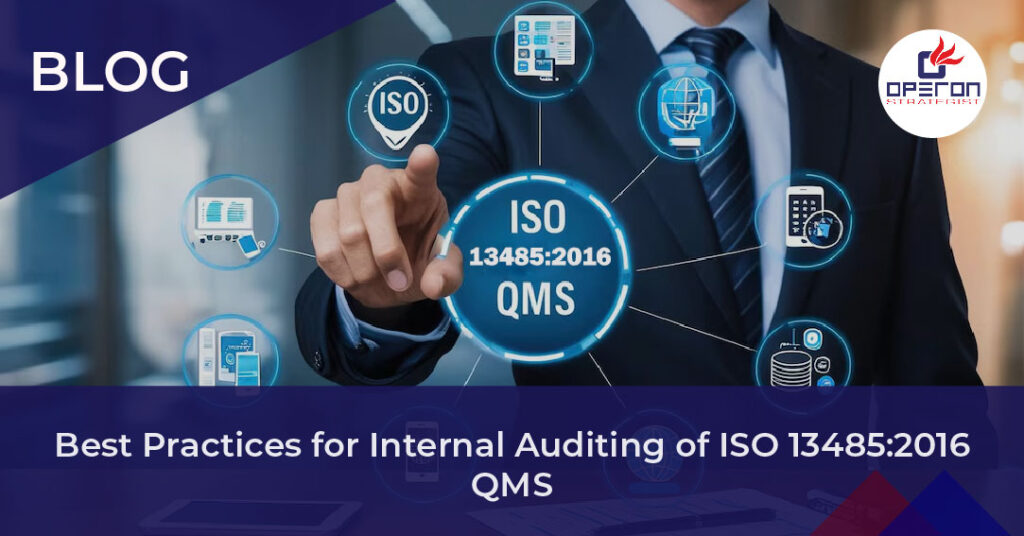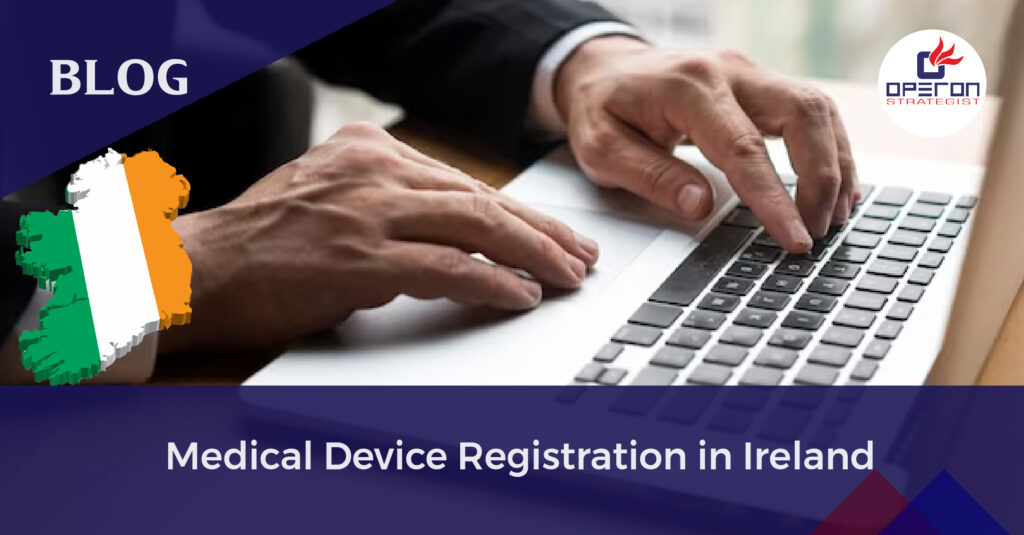Internal Auditing of ISO 13485:2016 QMS: An Overview
As a medical device regulatory consulting firm, we’ve seen firsthand the value of thorough, well-executed internal audits of a Quality Management System (QMS). Conducting these audits regularly not only ensures compliance with ISO 13485:2016 but also identifies and resolves potential nonconformities before external audits. This is especially critical for medical device companies, where compliance is closely tied to product safety, regulatory approval, and market access.
In this blog, we’ll explore the key benefits of internal audits, the specific ISO 13485:2016 and FDA requirements, and actionable steps for successful audits to ensure your QMS is audit ready.
Looking For a Medical Device Regulatory Consultant?
Let’s have a word about your next project
Why Are Internal Audit is Crucial?
Internal audits play a significant role in maintaining the integrity of your QMS, offering numerous benefits:
- Ensuring Regulatory Compliance: Internal audits verify that your processes meet ISO 13485:2016 standards and applicable regulations.
- Identifying Gaps in Procedures: Audits help identify areas of noncompliance or inefficiency, enabling corrective action before they become larger issues.
- Continuous Improvement Opportunities: Audits provide insights into how processes can be refined for better performance and compliance.
- Readiness for External Audits: By identifying and addressing nonconformities internally, you can minimize surprises during certification audits and ensure a smooth process.
ISO 13485:2016 and Indian FDA Internal Audit Requirements
Under ISO 13485:2016 (Section 8.2.4), medical device companies must perform internal audits at planned intervals to:
- Assess whether the QMS meets ISO 13485:2016 and relevant regulatory requirements.
- Confirm that the QMS is implemented effectively and consistently. Companies must also establish and maintain documented procedures outlining how audits will be planned, executed, and reported, ensuring objectivity and independence during the process.
FDA 21 CFR Part 820.22 outlines similar requirements, emphasizing the need for periodic audits to assess compliance. Corrective actions should be documented, and re-audits conducted to ensure the effectiveness of the corrective measures.
Key Steps for Conducting Effective Internal Audits
1. Audit Planning
A successful internal audit begins with a well-structured plan. Under ISO 13485:2016, audit planning should be based on the importance of the processes being audited. For established companies, an annual master audit plan works well. However, if you’re a start-up or preparing for an upcoming certification audit, conducting audits more frequently will help identify any early gaps.
2. Forming the Audit Team
Depending on the size of your company, you may need a single auditor or a team of auditors. It’s essential that auditors are trained in ISO 13485:2016 and have a thorough understanding of the company’s QMS. For smaller companies or start-ups, involving additional team members in low-risk audits helps build a culture of quality.
3. Executing the Audit
Once the team is ready, audits should be conducted systematically. The process typically includes:
- Providing advance notice of the audit.
- Conducting an opening meeting to review the objectives and scope of the audit.
- Reviewing key documents and records such as supplier approvals, process validations, and quality control records.
- Summarizing findings in a closing meeting, with clear action items for addressing any nonconformances.
4. Addressing Findings and Corrective Actions
Identifying nonconformances is just the beginning. Addressing them through corrective actions and ensuring their effectiveness through follow-up audits is critical to maintaining compliance. Regular reviews of audit findings by management help maintain accountability and prepare your QMS for external scrutiny.
To Optimize Your Internal Audits and Enhance Your ISO 13485:2016 QMS Compliance!
Partner with Operon Strategist for Internal Audit Expertise
At Operon Strategist, we provide end-to-end consulting services to support your internal audit needs. Whether you’re a start-up building your QMS or an established manufacturer preparing for certification audits, our experts can assist in all aspects of internal auditing, ensuring your system is compliant, robust, and ready for external audits.
Our services include:
- A complete internal audit procedure tailored to ISO 13485:2016 and FDA requirements.
- Support with corrective and preventive actions (CAPA), risk management, and management reviews.
- Access to our comprehensive QMS document bundle containing over 50 procedures, covering every requirement under ISO 13485:2016 and FDA 21 CFR Part 820.
Don’t leave your compliance to chance. Contact Operon Strategist today to ensure your internal audits are effective, your QMS is robust, and your company is ready for certification.



